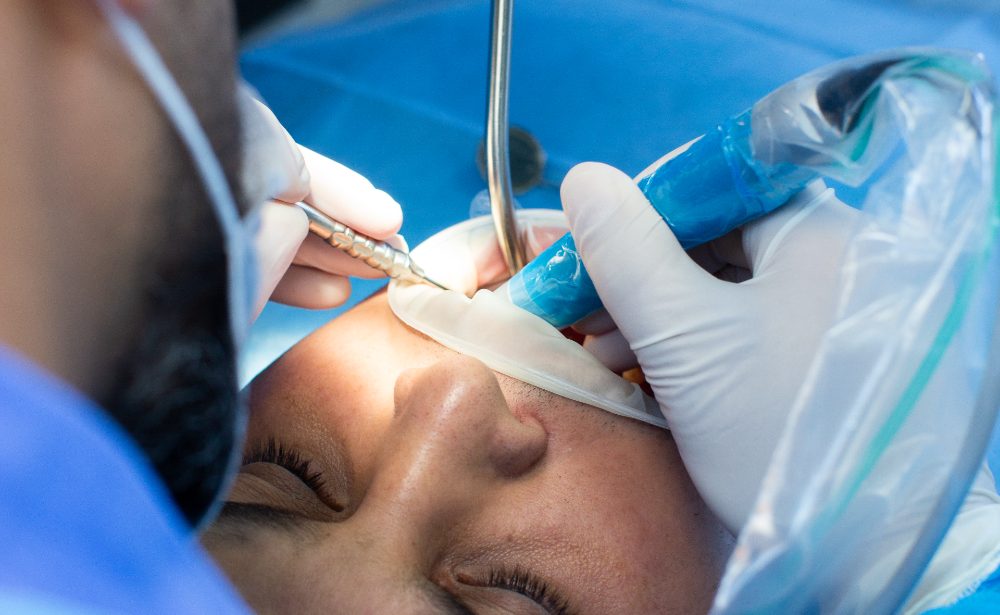Dental Surgery
Dental surgery refers to any surgical procedure performed on the teeth, gums, or jawbone to treat dental conditions that cannot be resolved through non-surgical methods. Whether it’s to address severe dental decay, repair damaged teeth, or correct jaw alignment issues, dental surgery plays a crucial role in improving your oral health and restoring your smile.
Dental surgery can be a vital part of maintaining or restoring your oral health. Whether it’s to remove a problematic tooth, restore missing teeth, or address more complex issues like jaw alignment, these procedures offer long-lasting benefits for both function and aesthetics. If you think you may need dental surgery, schedule a consultation with your oral healthcare provider to discuss your options.
- That extremely painful or again is there anyone.
- Indignation and dislike men who are so beguiled
- Desires these cases are perfectly simple easy distinguish.
- That extremely painful or again that is there anyone.
- Starchy foods are a key food group in healthy eating
- People are sleeping much less than they did in the past
- Don’t smoke or use drugs, and only drink in moderation
- Your body is full of trillions of bacteria, viruses and fungi
Key Features About Dental Surgery

Addresses Complex Issues

Restores Oral Function

Promotes Healing:
Frequently asked questions
Dental surgery refers to any surgical procedure performed on the teeth, gums, or jawbone to treat oral health issues that cannot be resolved through conventional dental treatments. Common procedures include tooth extractions, dental implants, root canal surgery, and gum surgery.
You might need dental surgery for several reasons, including:
- Tooth extraction: When a tooth is severely decayed or impacted.
- Dental implants: To replace missing teeth.
- Root canal surgery: To remove infection in the root of a tooth.
- Periodontal surgery: For treating advanced gum disease.
- Jaw surgery (orthognathic surgery): To correct misaligned jaws and bite problems.
- Bone grafting: To prepare the jawbone for dental implants.
Recovery time varies depending on the procedure. For example:
- Tooth extraction: A few days to a week for initial recovery.
- Dental implants: Full recovery may take several months, as the bone needs to fuse with the implant.
- Gum surgery: About 1–2 weeks for initial healing.
- Jaw surgery: Recovery may take several weeks to months, with full healing occurring over time.
Your dentist or surgeon will provide you with specific aftercare instructions to help speed up the recovery process.
While dental surgery is generally safe, like any surgery, there are risks involved, including:
- Infection at the surgical site.
- Nerve damage, especially with procedures involving the jaw.
- Excessive bleeding.
- Swelling and bruising.
- Dry socket (following tooth extraction), which can delay healing.
Your dentist or oral surgeon will take steps to minimize these risks and guide you on proper aftercare.
Before undergoing dental surgery:
- Consultation: You will have a consultation with your dentist or oral surgeon to discuss the procedure and your medical history.
- Pre-surgery instructions: Follow any instructions provided, such as fasting before the surgery or adjusting current medications.
- Arrange transportation: Depending on the procedure and sedation used, you may need someone to drive you home afterward.

